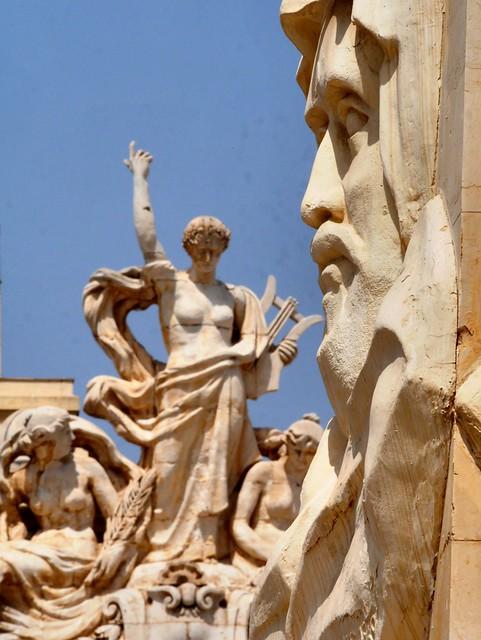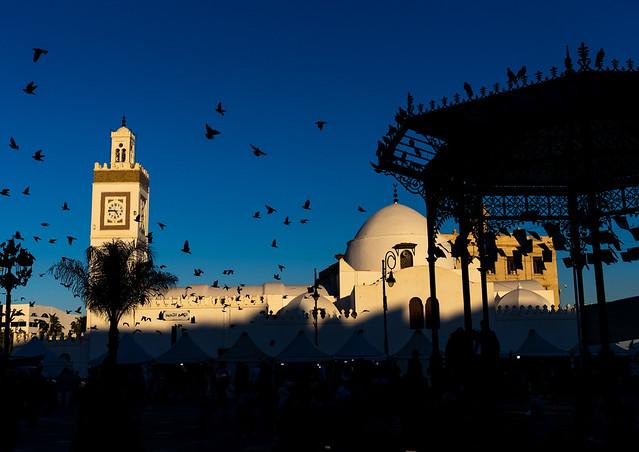Mila
Overview
Mila city, located in northeastern Algeria, is a captivating blend of rich history and vibrant culture. As the capital of Mila Province, the city has roots dating back to Roman times, known then as Timgad, a name that resonates with history enthusiasts. The remnants of Roman architecture can still be seen throughout the city, with the most notable site being the ancient ruins of Timgad, a UNESCO World Heritage Site. These ruins, characterized by well-preserved mosaics, grand columns, and the impressive Arch of Trajan, offer a glimpse into the grandeur of Roman civilization and serve as a backdrop for the city’s historical narrative.
The atmosphere of Mila is a delightful mix of traditional and contemporary elements. The city is nestled in a fertile valley, surrounded by olive groves and agricultural fields, which adds to its picturesque charm. As you wander through the narrow streets, you’ll find locals engaged in daily activities, from bustling markets filled with spices, fruits, and handmade crafts to cafes where residents gather to enjoy a strong cup of coffee or mint tea. The vibrant bazaars are a feast for the senses, showcasing the local craftsmanship of textiles, pottery, and leather goods, making it a perfect spot for travelers seeking authentic souvenirs.
Mila's cultural diversity is another unique aspect that enriches the city’s character. The influence of Berber, Arab, and French cultures is omnipresent, reflected in its architecture, cuisine, and customs. Traditional Algerian dishes such as couscous and tajine are staples in local eateries, while the scent of freshly baked bread wafts through the air, inviting visitors to indulge in the local flavors. Festivals and celebrations, often accompanied by music and dance, highlight the city’s cultural vibrancy, providing visitors with an opportunity to engage with the local community and experience the warmth of Algerian hospitality.
Historically, Mila has played a significant role in various periods, including the Ottoman Empire and the French colonization. The historical significance of the city is evident in its several mosques and historical buildings, such as the Great Mosque of Mila, which stands as a testimony to Islamic architecture and spirituality. The blend of historical periods is also visible in the city’s layout, where modern buildings coexist with ancient structures, narrating the story of resilience and adaptation over the centuries.
Finally, the local characteristics of Mila make it a hidden gem in Algeria, often overlooked by tourists. The city is known for its friendly inhabitants who are eager to share their stories and traditions. Engaging with locals can lead to unique experiences, such as participating in traditional cooking classes or exploring the surrounding countryside, which is dotted with historical sites and natural beauty.
In conclusion, Mila city offers a captivating exploration for travelers looking to delve into Algeria’s rich heritage. With its historical significance, cultural diversity, and welcoming atmosphere, Mila is a destination that promises to leave a lasting impression on all who visit.
Other towns or cities you may like in Algeria
Explore other cities that share similar charm and attractions.




